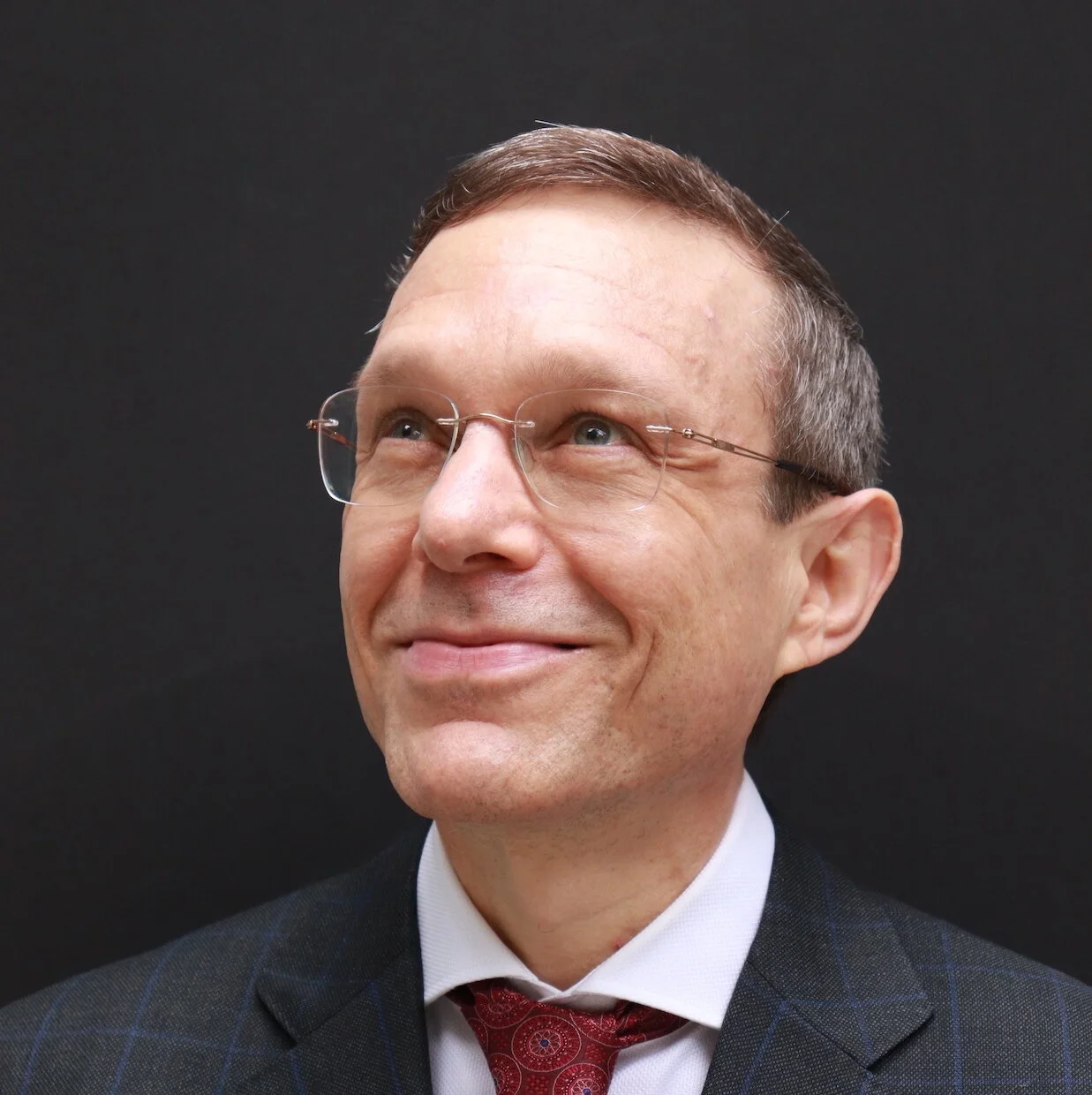HOWARD GARDNER - Author of A Synthesizing Mind & Frames of Mind: The Theory of Multiple Intelligences - Co-director of The Good Project
/Author of A Synthesizing Mind · Frames of Mind: The Theory of Multiple Intelligences
Co-director of The Good Project
The garden that makes up one's mind is always to some extent the flowers and trees that we get from our families genetically, but also we get from our families culturally. I became interested in synthesis and I wrote the memoir quite a while ago, but now with the advent of large language instruments or ChatGPT, the pressure to figure out what synthesis is, what these computing systems can or can't do that human beings are still the privileged cohort in carrying out those tasks, that's made the interest in synthesis more important than ever. If we're trying to decide what policy to cover, whether it's an economic policy about interest rates, or whether - we're talking now during the beginning of the war in the Middle East - what policies to follow militarily, economically, and ethically. For that matter, do we entrust that to some kind of a computational system, or is this something that human judgment needs to be brought to bear?


